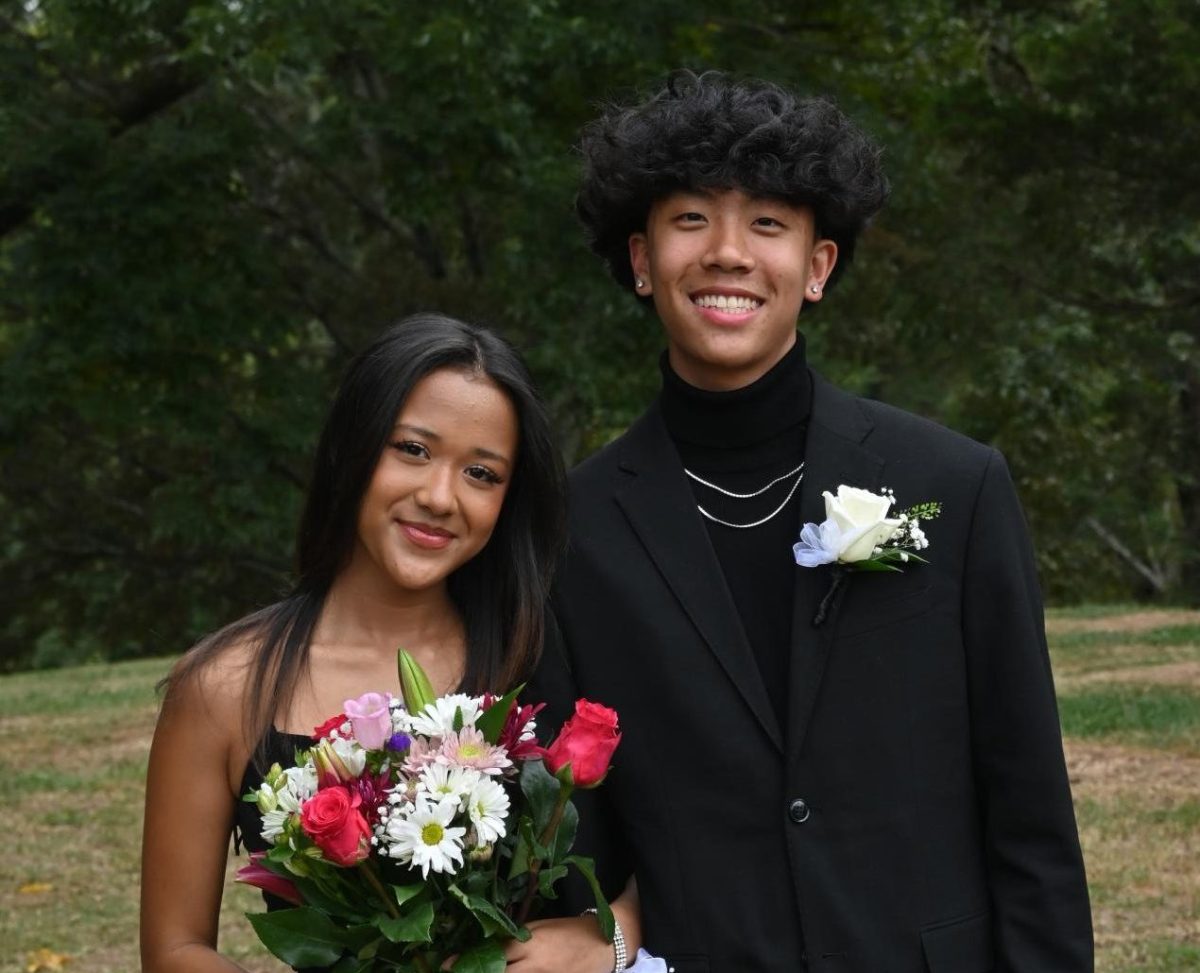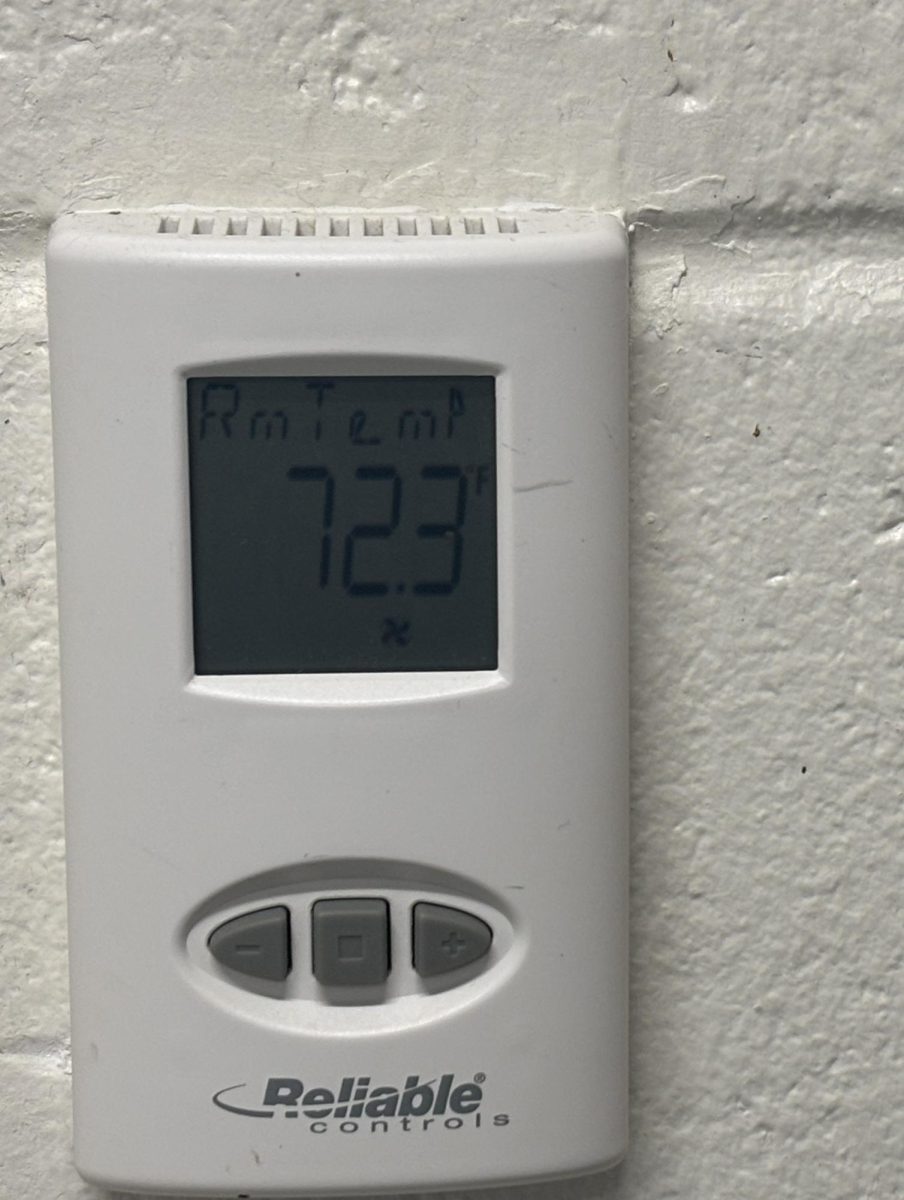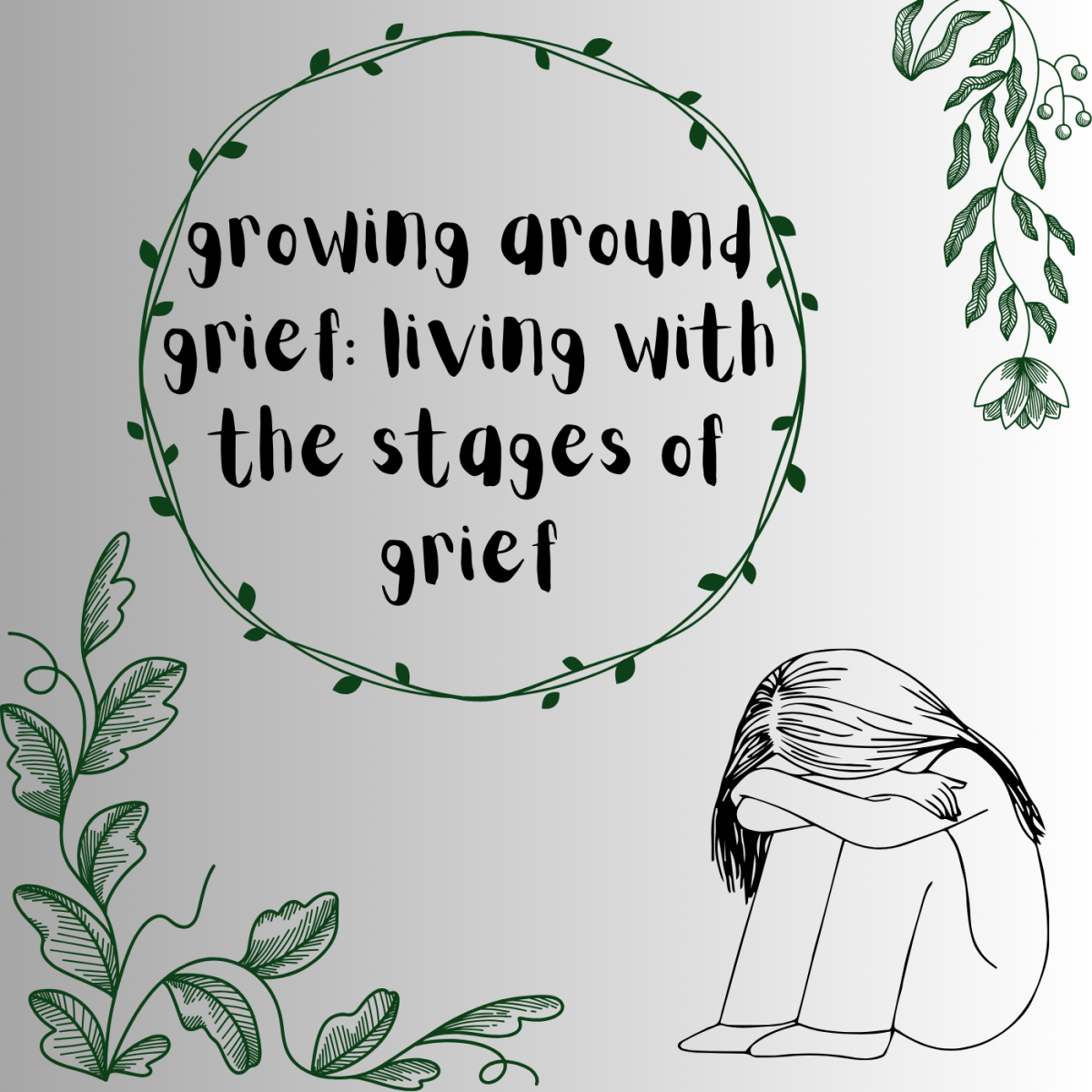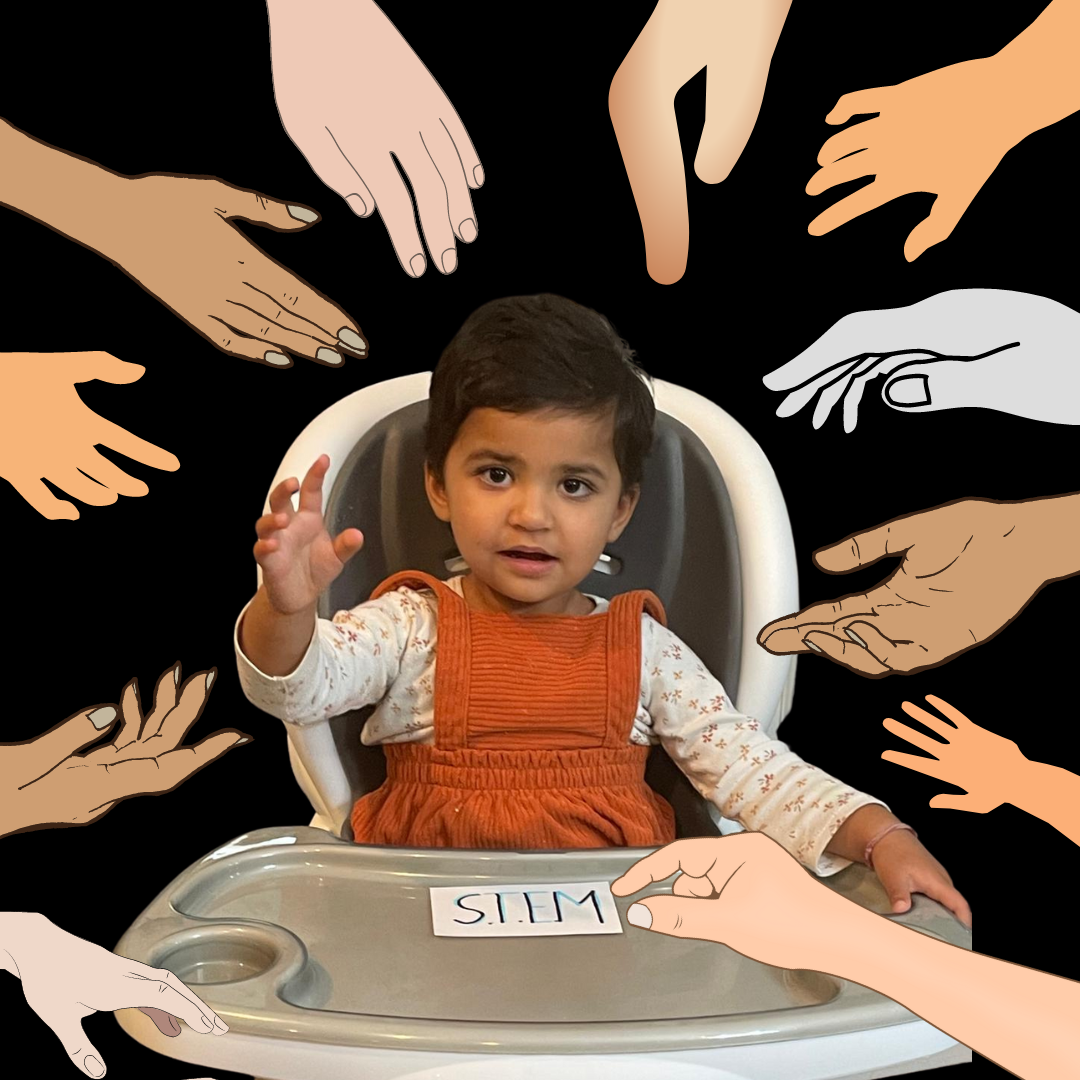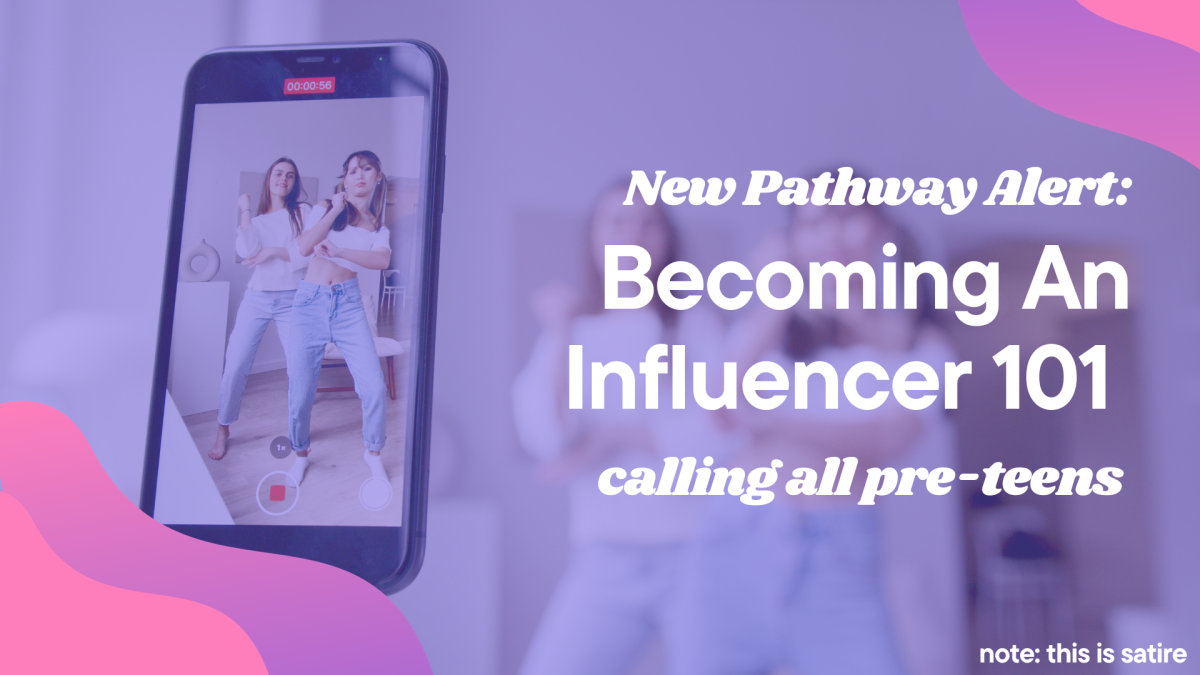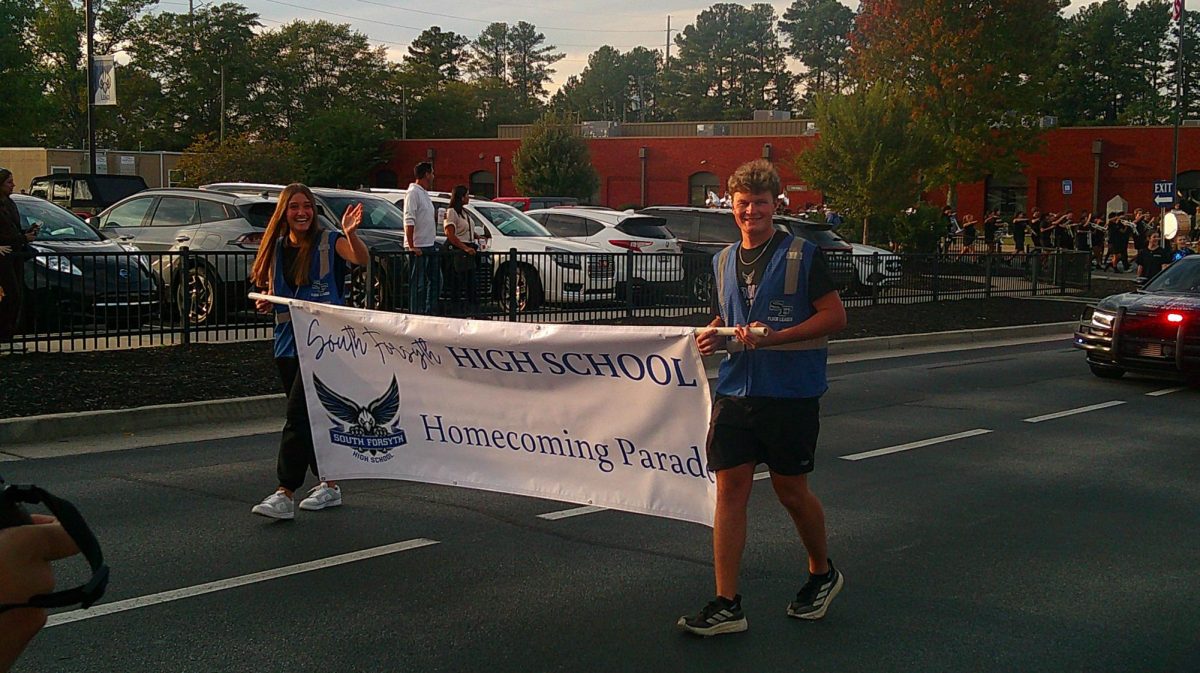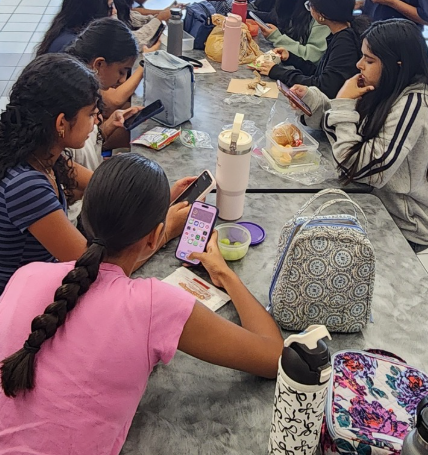Halloween night has been a highlight for children for centuries.
Getting to dress up in a fun costume, meeting up with friends and being unleashed onto the streets to collect as much candy as their little hands can carry is the ultimate sense of freedom for young children.
Although this holiday is typically associated with joy and fun, each year it seems that less and less kids are running from door to door, ringing doorbells and reciting the staple “Trick or Treat.”
This Halloween, a century-old tradition is threatened by an ongoing issue: the increasing distrust in society. So why has society become this way, and why are the streets that used to be flooded with 4-foot ghosts, princesses, and superheroes now eerily silent?
An Insider’s Opinion
To get to the bottom of this mystery, I figured, what better way than to gain insight from someone with kids? My interviewee (she wishes to remain anonymous) is my neighbor and the mother of four young girls.
“We did not participate in trick-or-treating this year,” she said.
When asked for her reasoning behind this decision, she said, “With our family, we always place safety first. It can be very difficult to navigate through crowded streets at night as a Mom of four little girls. I’m always concerned about keeping everyone safe and together. I just feel like Halloween pulls anxieties out of me that I would rather avoid.”
She went on to explain that she and her girls have found trunk-or-treat events to be just as fun, and “without all the unnecessary anxieties.”
Trunk-Or-Treat can be great for families with young children.
“For me, the sense of security and community is the most important factor,” she said. “At trunk-or-treat, my babies can have fun without me having to worry about traffic, strangers, or getting separated.”
Trunk-Or-Treat
Many signs of the waning popularity of trick-or-treating point toward the rise in popularity of trunk-or-treating. Due to the heightened sense of paranoia in society, parents have become skeptical as to whether or not it truly is safe for their children to go to stranger’s doors at night asking for candy.
The direct result of this “don’t trust your neighbor” mentality is the slow decline of trick-or-treaters year after year.
Trunk-or-treat serves as an alternative to knocking on strangers’ doors and acts as a blanket of comfort and reassurance of their children’s safety to many parents. This highlights the lack of trust and community among modern society and, unfortunately, shows how some parent’s discomfort might destroy their children’s opportunity to feel the ultimate freedom each kid only gets every Oct. 31.
Why Some Families Prefer to Keep it Old School
After collecting the interview which perceived trunk-or-treat in a positive light, I decided to search for the opposite viewpoint. Forsyth County resident Maggie Blackwood, a mom of two, shed some light on the possible threat trunk-or-treat poses to Halloween.
“To be honest, it seems to take away the spirit of Halloween,” Blackwood said. “I understand trunk-or-treat can be appealing to some, but it lacks the same thrill. I think it lacks the magic of freedom and tradition, and it lacks a sense of community.”
I described to her the appeal trunk-or-treat holds for some families, and she said, “I completely understand, and each to his own. I feel like the connection is what trick-or-treating is all about, and what trunk-or-treat lacks. Seeing families roaming the streets brings a sense of community that trunk-or-treat can not.”
Blackwood points to her own treasured childhood memories as the reason she’s willing to keep it old school with her young children.
“Trick-or-treating was one of my favorite traditions growing up, and I love seeing my kids light up with excitement the same way I did,” she said.
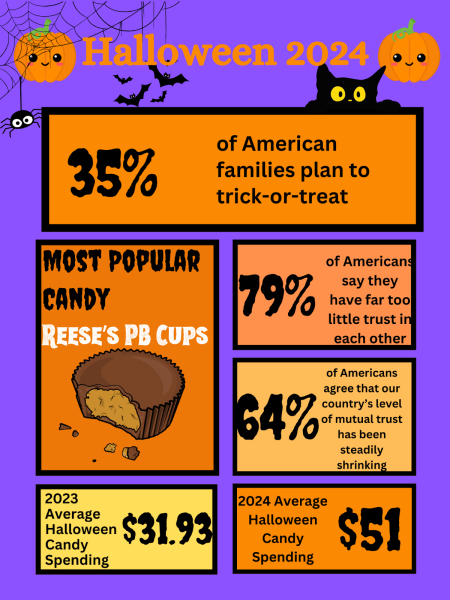
An Unusual Trust Test
Halloween is a unique holiday in the aspect that it is built on trust between strangers. Each time a child rings a doorbell, they are trusting that they will be met with candy rather than danger. This small gesture invites people to leave their private worlds and enter a common experience while also fostering social and community ties.
When neighbors open their houses to give, even if it is just to distribute candy, it fosters a sense of mutual respect, admiration, and happiness among communities. However, each year as fewer families engage in door-to-door trick-or-treating, this opportunity to connect and foster community is diminishing.
Only 35% of American families planned to trick-or-treat this year, according to a poll, with many choosing to utilize community centers or local companies’ activities instead. Although these gatherings offer some protection, they don’t have the same spontaneity or capacity for building community as traditional trick-or-treating.
Inflation: The Real Terror Inducer
The real source of terror this year for many parents may also be inflation.
Increasing expenses are another possible reason for the recent drop in Halloween participation. The cost of Halloween has been steadily rising due to inflation, which has raised the cost of candy, decorations, and costumes.
According to data centers and polls conducted by Net Choice, last October, the price of Halloween candy in the United States was 13% higher than in 2022. It is predicted that Halloween spending will further surpass previous records this year, with over half of consumers spending over $51 on Halloween candy alone.
To put into perspective, the typical American spent $31.93 on Halloween candy in 2023.
Restoring Halloween as a Tradition of Trust
Halloween serves as a reminder in our media-driven, alarmist society of what it means to trust our neighbors, even in the most simple ways.
It may help us remember the times when everyone felt comfortable strolling around their communities without feeling like they always had to be looking over their shoulder.
Halloween can be revived as a way to strengthen community ties by promoting safe but sincere encounters where parents and kids feel at ease going door to door. While society has entered into an increasingly cautious and suspicious state, fostering small acts of trust, like answering the door with a bowl of candy, can have significant benefits.
Halloween has the power to restore the mutual trust that has been subtly eroding from our communities and can bring everyone back to our common humanity. Halloween presents a brief moment of unity in a time when so much separates us, where we can find it by opening our doors and sharing smiles with those around us–but only if we’re willing to open the door.



